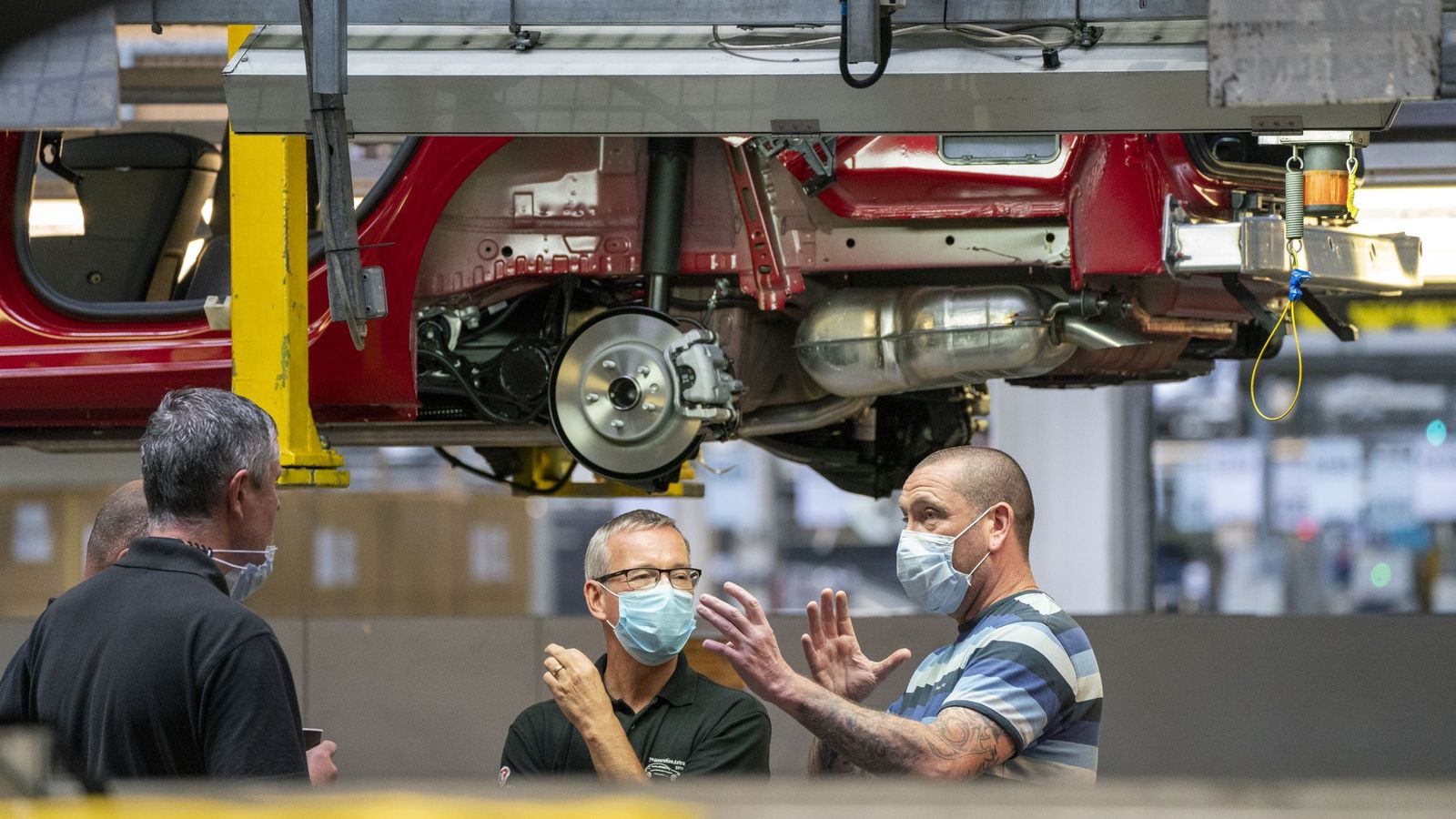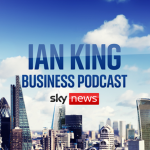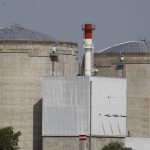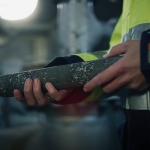The downturn in the UK manufacturing industry deepened in July after falls in output, new orders and employment accelerated, according to the latest economic data.
It was the worst month for the sector (which accounts for 10% of the UK economy) since May 2020, according to the closely watched Purchasing Managers’ Index (PMI) from S&P Global/CIPS UK Manufacturing.
The increased signs of market weakness led to cutbacks in purchasing activity and inventory holdings, as manufacturers moved to protect cash flow and operate more leanly.
The index reading was at its lowest all year, at 45.3. Anything below a score of 50 indicates economic contraction.
The PMI has been below 50 for the last 12 months, signalling a deterioration in operating conditions.
New orders fell due to a sharp decline in demand from overseas with export orders falling yet more steeply.
Backlogs of manufacturing work dropped to a seven-month low with economist research firm, Pantheon Macro, noting the stock of uncompleted work will dry up soon and that more manufacturers are laying off staff.
Consumer borrowing hits five-year high as inflation and interest rates bite
Peter Flavel Coutts departure: A sad end to a rather distinguished career
Why do so many major companies release results on the same day in July?
The figures show the economy is on “the glide path to anaemic growth”, senior economist at manufacturers organisation Make UK said.
The stubbornly high rate of inflation and more expensive borrowing, via high interest rates, was blamed by the group, despite an easing of supply chain problems which dogged the industry after the COVID-19 pandemic.
Read more:
Tax on wines and spirits increases from today
‘Optimism’ as food price inflation slows to lowest level this year
Be the first to get Breaking News
Install the Sky News app for free
Firms ‘cutting jobs’ to protect business
Make UK said the slowdown was also because of the absence of a long-term strategy from the government to grow the manufacturing sector.
“It’s clear that manufacturers’ expectation of the future is driving reduced activity today, with inflation and higher interest rates resulting in companies engaging defensive manoeuvres by cutting jobs and investment to protect the viability of their business,” Make UK’s senior economist, Fhaheen Khan, said.
A slowdown in overall economic growth is now “more likely”, he added.
Please use Chrome browser for a more accessible video player
There was some good news for consumers in the figures, however.
Falling commodity prices and shipping costs have reduced costs for makers for the third straight month, which are being passed on to savings to consumers, though the index said it may take a few months for the effects to filter through.






















